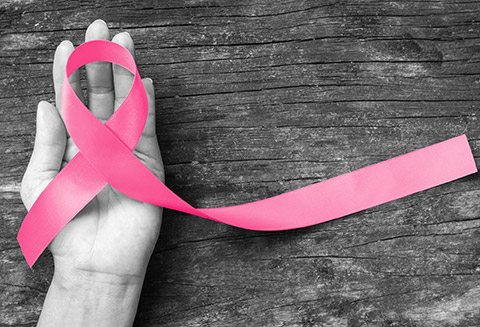Can mental illness be inherited?

A mental illness such as an anxiety disorder or bipolar disorder can strike anyone. But sometimes, these conditions seem to run in families.
“Genes are clearly an important part of many psychiatric illnesses,” says psychiatrist Dr. Jimmy N. Avari, Attending Physician at New York-Presbyterian Westchester Behavioral Health Center, who specializes in geriatric psychiatry. “We know they are not everything but they are significant across the board.”
Studies on sets of identical and fraternal twins have found that a number of psychiatric illnesses can carry an inherited risk. “Twin studies of major depressive disorder have showed that if one twin has the illness, a fraternal twin has an increased likelihood of developing the disorder and an identical twin’s likelihood is even higher,” says Dr. Avari.
The level of risk may also depend on how many people in your family have experienced mental illness. With schizophrenia, for example, says Dr. Avari, the illness occurs in one percent of the general population, but it occurs in 10 percent of people who have a first-degree relative with the disorder, such as a parent, brother, or sister.
This may sound scary, but there’s a big difference between a risk factor and a cause. Genes don’t cause a mental illness but in some cases, may be one factor that boosts the likelihood of one.
“One of the most agreed-on theories is that for most illnesses you won’t manifest the illness with just a genetic vulnerability,” says Dr. Avari. “Environmental factors are also an important part of many psychiatric illnesses. Heritability and environment work in tandem.”
Those environmental factors are the stresses that we encounter in life. While these include situations that would likely affect anyone negatively—such as a lack of friendships, substance abuse or an abusive relationship—what feels stressful is also quite individual. “What I find stressful may not be stressful to you,” says Dr. Avari. And even if you have both an inherited risk and significant stress, you may still never develop a mental illness.
However, if there is mental illness in your family, it’s wise to take some protective steps. “You can’t change your genetics, but modifying certain behaviors could potentially decrease the likelihood of developing an illness,” says Dr. Avari. “For some illnesses, increasing socialization is protective and so is learning ways to manage stress early on.” And if you experience symptoms of mental of illness, seek treatment early. “You may still develop the illness, but may have a less severe form and a better long-term prognosis,” he says.
Finally, be aware that our understanding of the link between genes and mental illness is still in its early stages. “But we’re on the right path and making the right advancements to understand how genetics contribute to mental illness,” says Dr. Avari, “and how we can utilize that understanding for better treatments.”
To learn more about mental health services at NewYork-Presbyterian, visit nyp.org/psychiatry.






